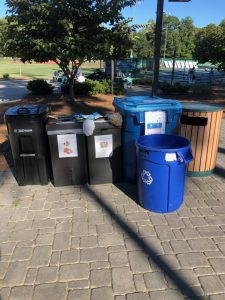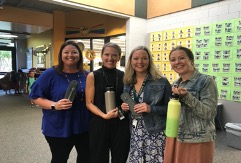By Owen Brent-Levenstein and Cana Yao
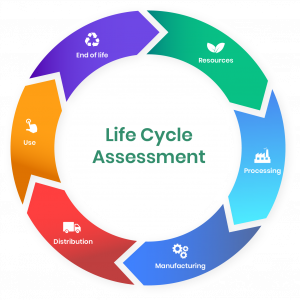 Everything you interact with on a daily basis has a carbon footprint. While you might think of a carbon footprint as a direct product of environmental costs. For example, even just buying a bag of chips can lead to a lot of questions: how were the ingredients sourced? How was the plastic bag made? How and where were the chips cooked and packaged? What did the transportation process look like? Where will the bag end up after the chips are eaten? Continue reading
Everything you interact with on a daily basis has a carbon footprint. While you might think of a carbon footprint as a direct product of environmental costs. For example, even just buying a bag of chips can lead to a lot of questions: how were the ingredients sourced? How was the plastic bag made? How and where were the chips cooked and packaged? What did the transportation process look like? Where will the bag end up after the chips are eaten? Continue reading


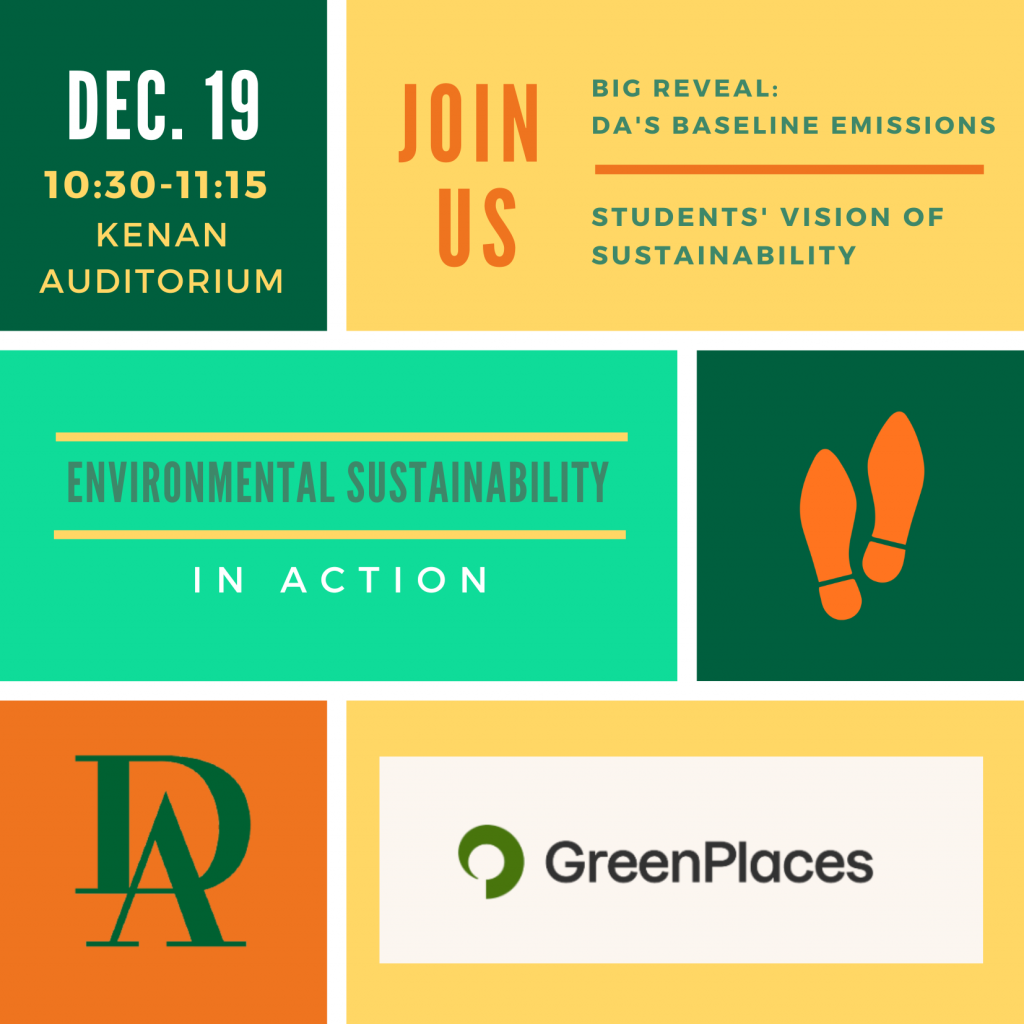

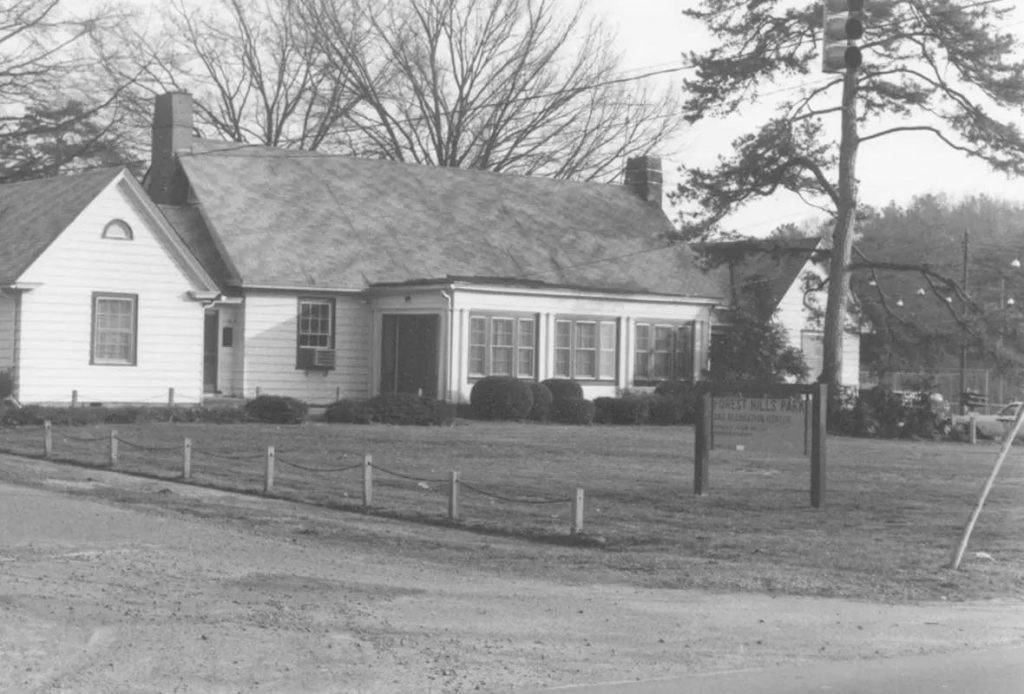
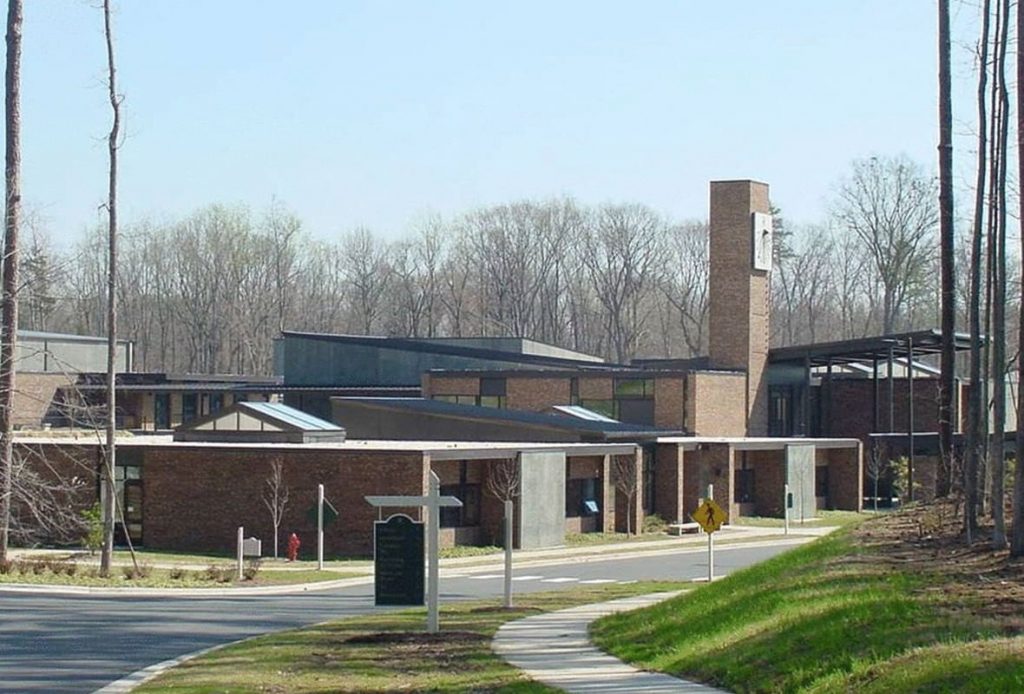
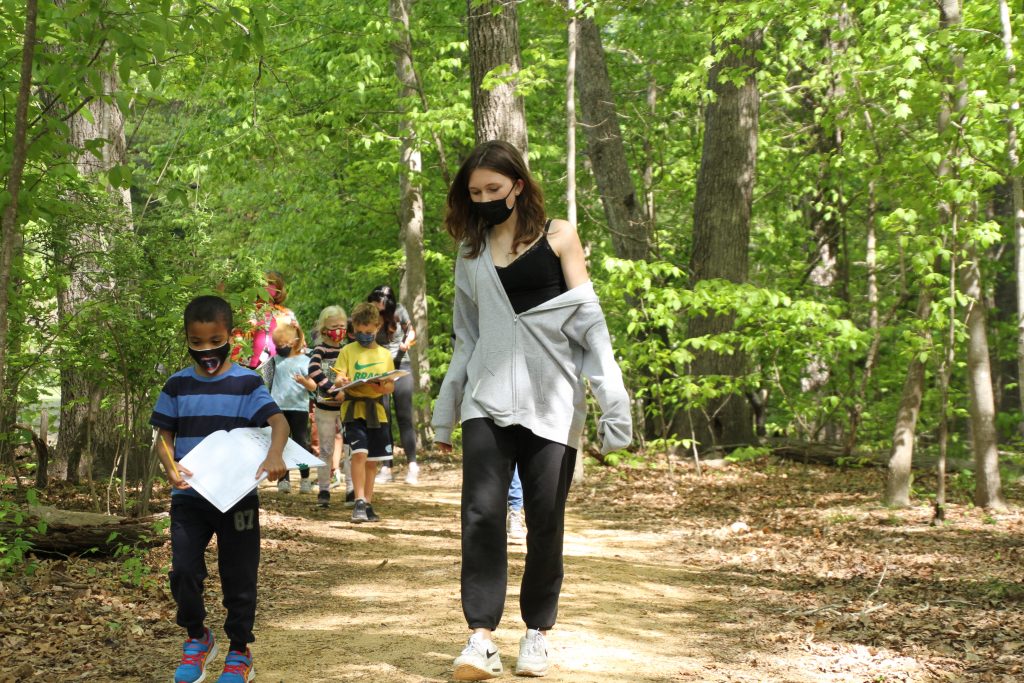
 The Sustainability Club Members then split up and went with individual kindergarten classes back to their rooms. Each class played a fun and engaging game in which the composting bucket, recycling basket, or trash can were placed in different corners of the room. Kindergarteners were assigned to be banana peels, napkins, candy wrappers, and other items. They had to decide on the proper receptacle and move to that corner of the room. It was a wonderful and educational time!
The Sustainability Club Members then split up and went with individual kindergarten classes back to their rooms. Each class played a fun and engaging game in which the composting bucket, recycling basket, or trash can were placed in different corners of the room. Kindergarteners were assigned to be banana peels, napkins, candy wrappers, and other items. They had to decide on the proper receptacle and move to that corner of the room. It was a wonderful and educational time!